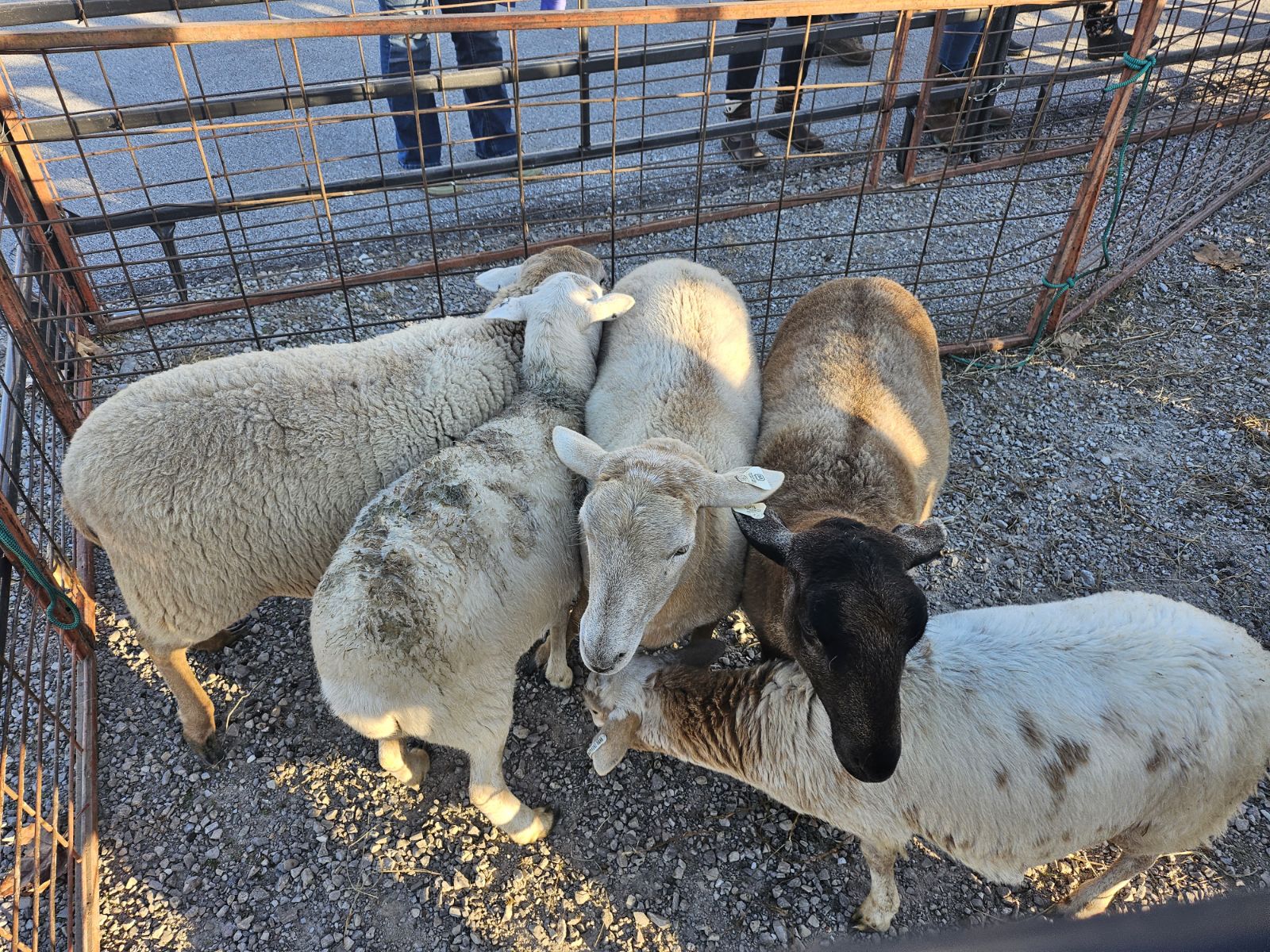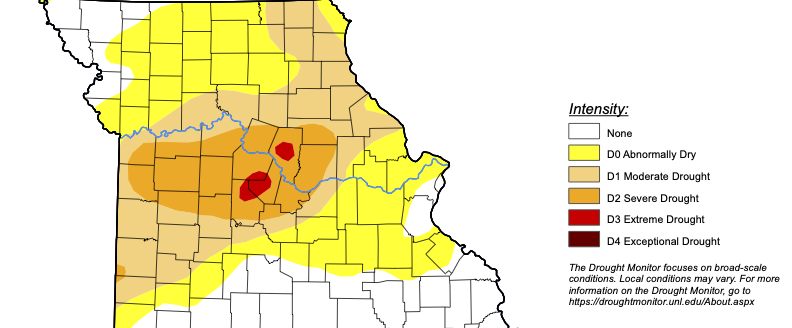Sheep need extra protection in harsh winter weather.
“The end goal for the producer is to ensure sheep and goats thrive through cold winter months,” said David Brown, University of Missouri Extension small-ruminant specialist.
Brown has a new publication that outlines best practices for protecting sheep in cold weather. The free publication, “Preparing Sheep for Winter Months,” is available at https://extension.missouri.edu/publications/g2619.
Shelter
Their thick coats protect sheep from extreme weather, Brown said, but the challenge comes from low temperatures combined with snowfall and high winds or prolonged extreme conditions.
“Producers should provide some kind of winter shelter for their sheep,” he said. “Shelters should be built on elevated ground with good drainage and adequate ventilation, but they do not have to be elaborate. Also, lambs require special attention as temperatures drop to ensure their survival.”
Winter feed and water
“Sheep require more energy in cold weather to maintain their body temperature,” Brown said. “Producers should provide good-quality hay or forage to sheep to meet their energy demand.”
Sheep kept in the barn should have access to fresh, clean water, and producers should check the drinking trough at least twice a day when temperatures drop below freezing.
Monitor flock health
Barns should always be dry, and water spillage should be avoided to minimize breeding sites for pathogens.
“Animals kept together are predisposed to diseases,” said Brown. “Producers should monitor sheep for signs of illness and cull sick animals to prevent the spread of diseases.”
Brown advises producers to contact their veterinarian or local extension center to create a treatment plan for any sick ewes or lambs.




